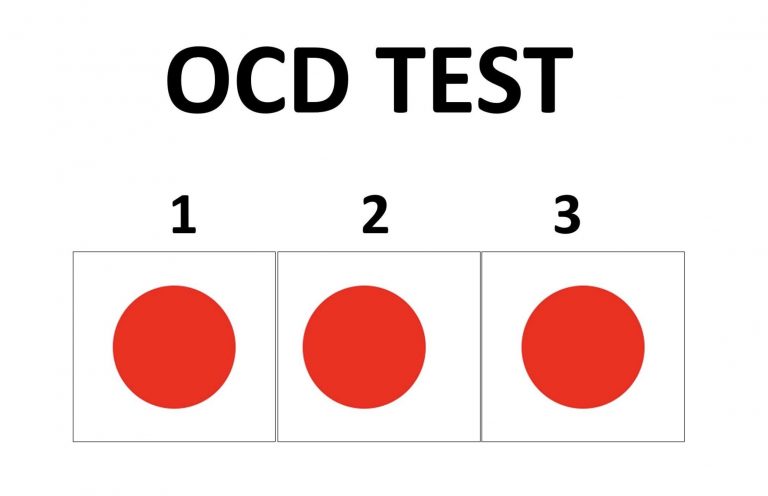Obsessive-compulsive disorder (OCD) is a mental health condition that affects an estimated 2.5% of the U.S. population—that’s about 7 million people. Even though it’s fairly common, most people are unwilling to talk about it and those who suffer from it often feel like they need to hide their struggles. But there is good news: Thanks to the Internet, more people than ever before are learning about and overcoming OCD by doing self-help activities online on websites such as Mental Health America, Virtual Therapist, and OCD Center of New Jersey. In fact, many sites offer free online cognitive behavioral therapy (CBT) programs that you can complete from any location with high-speed internet access in just minutes per day over the course of several weeks or months. So if you think you might have OCD and want to test yourself before seeking professional help — read on for our pro tips about how to do an online OCD test effectively with the added bonus of getting some insight into your personality along the way!
Story Stages
Find out more about OCD and how you can treat it.
OCD is a disorder that is characterized by repetitive thoughts and/or repetitive behaviors that are highly distressing and interfere with the person’s daily life. The goal of treatment is to help the person learn how to reduce the anxiety that OCD causes. There are several different types of therapy that can be helpful for OCD, including Cognitive Behavioral Therapy (CBT), medication, or a combination of both. CBT is one of the most effective types of therapy for OCD. In CBT, a person learns how to confront his or her fears in a safe and controlled way. This is called Exposure and Response Prevention (ERP). CBT works by reshaping the way people think about their obsessions and their reactions to them. CBT therapists help you learn skills to help reduce anxiety and improve your daily functioning. The first step in treating OCD is to educate yourself about the disorder so that you can better understand your own symptoms. There are also several online resources available to help you find a therapist.
Decide if you want to try exposure therapy or cognitive behavioral therapy.
CBT is a form of psychotherapy that uses exposure therapy to help people with all types of mental health diagnoses overcome their fears and anxieties. In OCD, CBT is used to help the person learn how to confront his or her obsessions and compulsions in a safe and controlled way. Exposure therapy is not always used in CBT. CBT therapists may use a combination of techniques to help people with OCD overcome their anxiety related to obsessions and/or compulsions. Exposure therapy is one of the most effective types of therapy for OCD. It involves gradually exposing people to things that trigger their obsessions and compulsions and helping them to resist the urge to perform their rituals.
Which OCD test is right for you?
OCD tests are different from OCD quizzes in that they are more standardized and are intended to give you a more accurate diagnosis. OCD tests will ask you about your specific symptoms and about your past experiences. While doing online OCD tests, you can expect to be asked questions about: – Your thoughts and feelings – Your physical sensations – Your behavior – Your experiences with OCD in the past You may also be asked questions that are designed to uncover your underlying personality traits. This is a great way to learn more about yourself while also eliminating potential OCD diagnoses. You can also do other online CBT self-help activities such as meditation or mindfulness exercises to help combat OCD.
What should you look for in an OCD test?
A good online OCD test should be both accurate and easy to understand. You should be able to clearly identify your OCD symptoms and have a good idea of what type of treatment would be best for you. Be sure to take multiple tests to see which one gives you the most accurate results. It’s also important to note that OCD tests are not a diagnostic tool. They are simply a helpful tool that may assist you in confirming your suspicions. If you think you have OCD, you should seek out a mental health professional as soon as possible.
Conclusion
OCD tests can be a helpful tool to identify specific symptoms and determine the most effective treatment option. It is important to note, however, that these tests are not a diagnostic tool. They are simply a helpful tool that can assist you in confirming your suspicions. If you think you have OCD, you should seek out a mental health professional as soon as possible.
